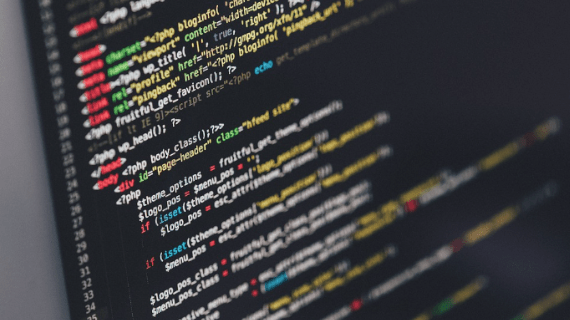In this insight, we look at what GPL is, how it relates to the right to repair, and how businesses can be affected if other businesses don’t fulfil their obligation under GPL.

General Public Licence (GPL)
The General Public License (GPL) is a widely used open-source software license that grants users the right to use, study, modify and distribute software that is licensed under it. The GPL is designed to ensure that software remains free and open, and that users have the freedom to modify and distribute the software as they wish.
What Obligations Do Companies Have Under GPL?
Under GPL, companies (e.g. manufacturers who make a product which has a software element) have number of compliance obligations which are:
– Providing the source code.
If a company distributes software that is licensed under the GPL, it must also make the source code available to anyone who receives the software. This ensures that users have the ability to modify and distribute the software themselves.
– Providing a copy of the GPL.
Companies must include a copy of the GPL with the software they distribute. This ensures that users are aware of their rights under the license.
– Allowing modifications.
Companies must allow users to modify the software as they see fit. This means that users have the ability to customise the software to meet their specific needs.
– Releasing modifications.
If a company modifies software that is licensed under the GPL, it must also release those modifications under the GPL. This ensures that modifications remain free and open.
– Providing notices.
Companies must provide notices to users that the software is licensed under the GPL and that they have certain rights under the license.
Failure to comply with these obligations can result in legal consequences and damage to a company’s reputation within the open-source community.
Providing The Source Code & The ‘Right To Repair’
The ‘right to repair’ refers to the legal right of consumers to repair or modify the products they own, including electronic devices and appliances. The right to repair is often associated with open-source software because access to the source code is essential for repairing and modifying software.
If a company does not provide the source code for software that is subject to the GPL, it can make it difficult or even impossible for users to exercise their right to repair. Without access to the source code, users cannot modify or repair the software, which can lead to increased costs, waste, and environmental harm.
For example, if a user has a device that relies on open-source software and that device malfunctions, the user may need to modify the software to fix the problem. If the company that produced the software does not provide the source code, the user may be unable to fix the issue themselves, which can result in unnecessary waste and expense.
Reasons For Withholding Source Code
In some cases, companies may intentionally withhold source code as a way to limit competition or maintain control over their products. However, this can be detrimental to consumers and the environment, which is why the GPL requires companies to make the source code available to anyone who receives the software. By providing access to the source code, the GPL helps ensure that users can exercise their right to repair and reduce waste, while also fostering innovation and competition in the software industry.
A Recent Example – John Deere
A recent example of how businesses can be affected by not being given access to the source code of a product is featured on the Software Conservancy website in a recent post from Denver Gingerich, a member of a farming family. In the post, Gingerich explains that he is from a farming family and that farmers have the right to repair their tools, including tractors and other farming equipment. Gingerich alleges that some farm equipment manufacturers like John Deere (the largest manufacturer of farm equipment in North America and one of the largest worldwide) are not complying with the right to repair licenses for the software used in these tools. The effect of this is that farmers are cut off from their livelihood if the manufacturer does not wish to repair their farming tools, even when the farmer could easily perform the repairs themselves.
Gingerich suggests that John Deere may have been failing to meet the requirements of the software right to repair licenses they use for some time and haven’t yet provided complete corresponding source code to the farmers who are entitled to it.
Depending on the veracity of Gingerich’s claims, this potentially illustrates how a manufacturer, by not complying with its obligations under GPL, could have far-reaching implications for (in this case) farmers’ livelihoods and even food security throughout the world. Gingerich has reportedly called upon John Deere to immediately resolve all its outstanding GPL violations, across all lines of its farm equipment, by providing complete source code to the farmers and others who are entitled to it.
What Does This Mean For Your Business?
With so many important business-products which are essential tools for organisations now having an open source software element to them, providing the source code with the product is an important obligation that enables users to exercise their right to repair. Not providing the source code can seriously affect the businesses of users by stopping them from using vital work tools and lead to increased costs, waste, and environmental harm as products are scrapped that could otherwise be repaired.
For companies that don’t provide the source code for products (or withhold it), this could lead to legal consequences and damage to their reputation within the open-source community. Depending on your viewpoint (and any impacts to guarantees/warranties aside), it could be argued that it is in the interest of businesses to keep a free and open system where users are given all the tools they need (i.e. the code as well as the products) to enable them to make modifications where they see fit and exercise their right to repair.
By Mike Knight
